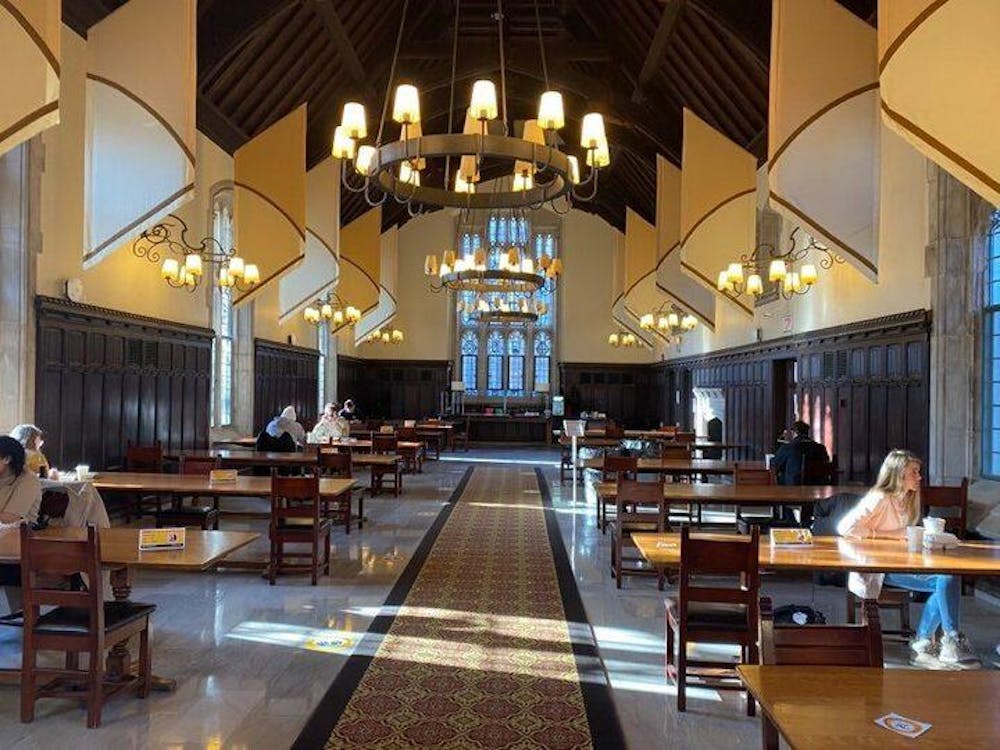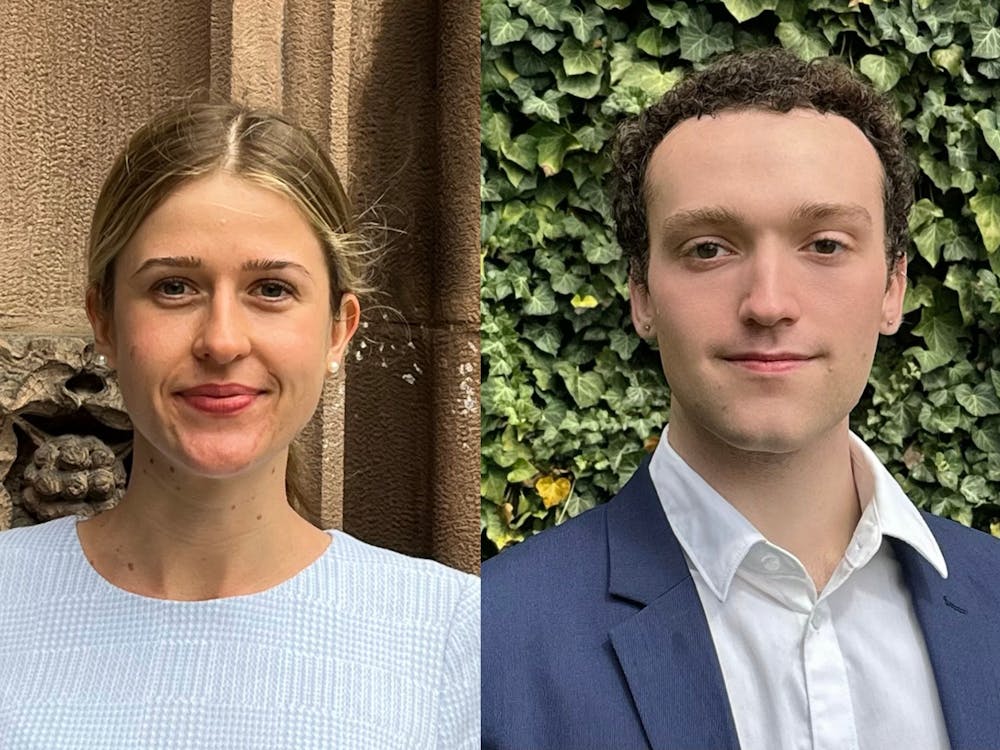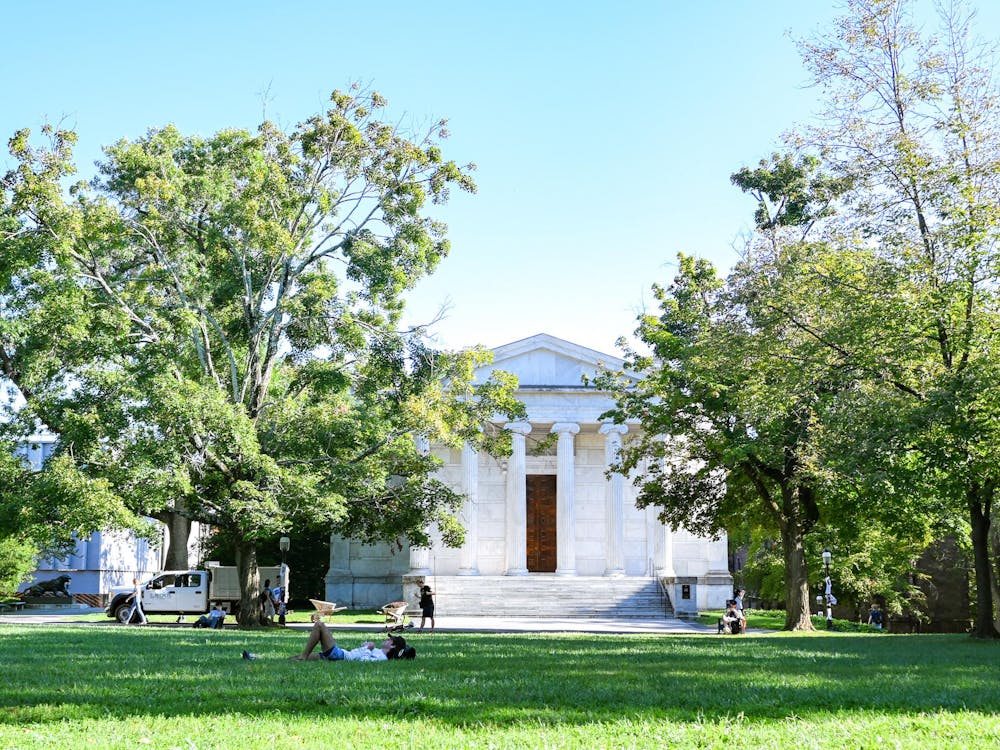The Appellate Division of the New Jersey Superior Court declined to hear an appeal earlier this month from the University regarding its tax-exempt status.
The University had motioned earlier to dismiss a lawsuit that challenged this status, but was ruled against by the Morris County Tax Court.
Four town residents are challenging the University’s receipt of a property tax exemption from the town in 2014. This is separate from a 2011 suit challenging the University’s property tax exemption for 19 buildings alleged to have non-educational or primary uses.
The University will now take the case to trial, University Vice President and Secretary Robert Durkee ’69 said, although hypothetically the University could have appealed the case to the New Jersey Supreme Court.
With an unfavorable ruling in the trial, the University will be required to pay around an additional $40 million per year in taxes. Though the case was filed in 2014, if a settlement is reached, adjustments would only need to be made starting this tax year.
In mid-February, Morris County Tax Court judge Vito Bianco upheld the right to sue for four local residents represented by attorney Bruce Afran.
Bianco deemed the University’s argument — that the University’s “dominant motive” is to be an educational institution — irrelevant, a legal precedent that prompted the University’s argument to be overturned, Afran explained. Following the decision, the University immediately filed an appeal to the higher court.
The Appellate Court upheld Bianco’s ruling as there were never any legal issues, Afran said.
“The courts for many years have said that when a nonprofit shares profits and engages in commercial conduct, it is subject to lose its exemption in its entirety, and Bianco was just following the existing law,” Afran said.
Durkee said that while appealing a decision prior to trial is an atypical practice, the University believed it was worthwhile to try.
“It is unusual to ask the court to consider an appeal prior to a trial court decision, and we knew it was unlikely that the court would hear the appeal, but we believe the law is clear enough that it was worth asking for a ruling now,” Durkee said.

Unless a settlement can be reached with the town and its residents, the University is at “serious risk” of legally losing its tax exemptions, Afran said. An agreement between multiple parties would entail a commitment from the University to appropriate to the township a reasonable tax payment each year, an amount Afran said would have to provide significant tax relief to residents.
“People here are paying 30 percent more in taxes than they should,” Afran said. “It’s hurting a lot of members in this community because Princeton is not paying its fair share. The University needs to return to a position of being fundamentally honest.”
The University expressed some interest in an outside settlement during preliminary discussions, Afran said, adding that going to trial includes incurring significant legal fees for all parties and creates a “huge risk” for the University.
Unless the University can demonstrate at trial that it does not engage in widespread commercial conduct, it may lose the entire or a very significant portion of its tax exemption, Afran said.
“It’s just not fair that Princeton can pay millions of dollars to its faculty and endowment fund managers while refusing to pay taxes, leaving thousands in the community strapped of cash,” Afran said, adding that the town’s residents include many working class men and retired individuals with limited incomes.
Correction: Due to a reporting error, an earlier version of this article misstated the year in which the case was filed. It was filed in 2014. The 'Prince' regrets the error.








